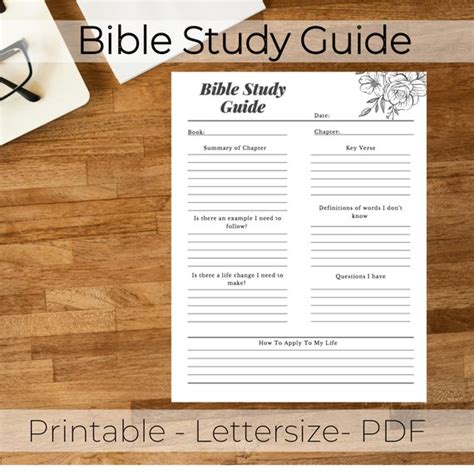Bible Annotation: A Study Guide for Life
The Bible, a timeless collection of stories, poetry, prophecies, and teachings, offers profound wisdom and guidance for life's journey. However, simply reading it passively rarely unlocks its full potential. This is where Bible annotation comes in – a powerful tool that transforms passive reading into active engagement, leading to deeper understanding and richer spiritual growth. This guide will equip you with the knowledge and strategies to make Bible annotation a transformative part of your study.
What is Bible Annotation?
Bible annotation is the practice of making notes and observations directly in your Bible or a separate journal. It's more than just highlighting verses; it's about interacting with the text, engaging with its meaning, and applying its wisdom to your life. Through annotation, you record your thoughts, questions, insights, and prayers, creating a personalized study guide that evolves with your understanding.
Why Annotate Your Bible?
The benefits of Bible annotation are numerous:
- Deeper Understanding: Engaging actively with the text fosters a deeper understanding of its context, meaning, and application.
- Improved Retention: Writing down your thoughts solidifies your learning and improves long-term retention.
- Personalized Study: Annotation creates a unique, personalized study guide tailored to your individual needs and questions.
- Spiritual Growth: Reflecting on the text and applying it to your life promotes spiritual growth and maturity.
- Prayer and Meditation: Your annotations can become a space for prayer, meditation, and personal reflection.
How to Annotate Your Bible: A Step-by-Step Guide
Several methods can enhance your Bible annotation experience:
1. Choose Your Bible: Select a Bible translation you understand and enjoy reading. Consider a journaling Bible with wider margins for note-taking, or use a separate notebook.
2. Develop a System: Decide on a system for your annotations. This could involve using different colored highlighters, symbols, or abbreviations to categorize your notes (e.g., theological insights, personal applications, questions).
3. Ask Questions: Engage with the text by asking questions. What is the main idea? What are the key themes? How does this passage relate to other parts of the Bible? What does it teach me about God, myself, or the world?
4. Write Observations: Record your initial thoughts and observations. What stood out to you? What surprised you? What resonated with you personally?
5. Look for Connections: Connect the passage to other parts of the Bible, to your life experiences, or to current events.
6. Apply the Text: Reflect on how you can apply the principles and teachings of the passage to your daily life.
7. Pray and Reflect: Use your annotations as a space for prayer and meditation. Ask God for guidance and understanding.
What Tools Can Help Me Annotate My Bible?
While a pen and Bible are sufficient, several tools can enhance your annotation experience:
- Different Colored Highlighters: Use different colors to represent different themes or types of notes.
- Sticky Notes: Use sticky notes for larger comments or cross-references.
- Digital Annotation Software: Several apps allow you to annotate digital Bibles and sync your progress across devices.
What are Some Common Annotation Methods?
- Highlighting: Highlight key verses or phrases.
- Underlining: Underline important words or phrases.
- Marginal Notes: Write brief notes in the margins of your Bible.
- Cross-Referencing: Connect related passages by writing references in the margins.
- Personal Reflections: Record your personal thoughts, feelings, and insights.
How Can I Make My Bible Study More Effective?
Effective Bible study involves more than just annotation. Here are some tips:
- Prayer: Begin and end your study with prayer, seeking God's guidance and illumination.
- Read Slowly and Carefully: Don't rush through the text. Take your time to understand the meaning and context.
- Use Study Tools: Utilize commentaries, dictionaries, and concordances to enhance your understanding.
- Join a Bible Study Group: Discussing the text with others can deepen your understanding and provide new perspectives.
What are Some Common Mistakes to Avoid When Annotating?
- Over-Annotating: Don't try to annotate every single verse. Focus on the key passages and ideas.
- Inconsistent Annotation: Develop a consistent system for your annotations and stick to it.
- Lack of Reflection: Don't just highlight verses; take time to reflect on their meaning and application to your life.
Bible annotation is a journey, not a destination. It's a process of ongoing learning, discovery, and spiritual growth. By embracing this practice, you can transform your Bible from a passive book to a dynamic tool for personal transformation and a lifelong study guide.

